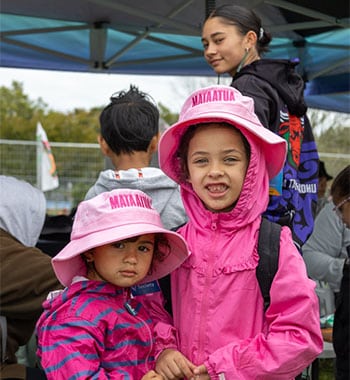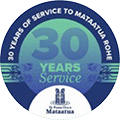Ngā Ratonga
Our Health Services
We are dedicated to providing a range of health services in Whakatāne, with a whānau ora approach to hauora.
- Home
- Services
Our Services
Tamariki & Rangatahi
Kahu Taurima

Hauora for the Whole Whānau
Here at Te Puna Ora o Mataatua, we are on a journey towards quality and accessible health care, developing new models that work for our community. We offer inclusive health care services, offering whānau (families) a place where they can access high-quality healthcare that’s relevant for all aspects of their life.
Whether it’s physical, mental, social, and spiritual health, we aim to provide professional services to take care of whānau in our community. View our range of services below to learn more about what we’re doing to support our clients or book an appointment with our Rehua Medical team today.
Medical
ACC Injury Support
We support whānau that have had accidents, injuries or live with long-term conditions.
Read more
Rongoā Māori Clinics
Introducing Ngā Ringa Kōkōmuka Rongoā Māori Clinics at Rehua Medical.
Read more
Mobile Health Clinic
Rehua Nuku Ora is the mobile arm of Rehua Medical, Te Puna Ora o Mataatua's General Practice Clinic
Read more
Employment
Health & Medical Academy
We provide health training for all ages interested in health sector employment.
Read more
Tamariki & Rangatahi
Nutrition Workshops and Advice
We work with whānau and rangatahi to support them in making good kai choices
Read more
Rangatahi Hub
Integrated Wrap-Around Service for Rangatahi/Youth between 16-24 years of age.
Read more
Digital Academy
Digital Media Training Hub for Rangatahi/Youth between 16-24 years of age.
Read more
Whānau
Whānau Ora
We engage all whānau regardless of size or situation to support them towards achieving independence.
Read more
Housing Services
This service offers critical repairs to Māori owned homes on Māori owned land.
Read more
Health Promotion Services
We provide a healthcare information campaign across Mataatua region.
Read more
Kaumātua
Kaumātua Programme
Service to maintain mental, physical and social capacity in a kaupapa Māori environment.
Read more
Home Support Services
Household management, personal & clinical care for kaumātua in their homes.
Read more
Dementia Support
Dementia Mate Wareware affects the brain, making it harder to remember things or think as clearly as before.
Read more


